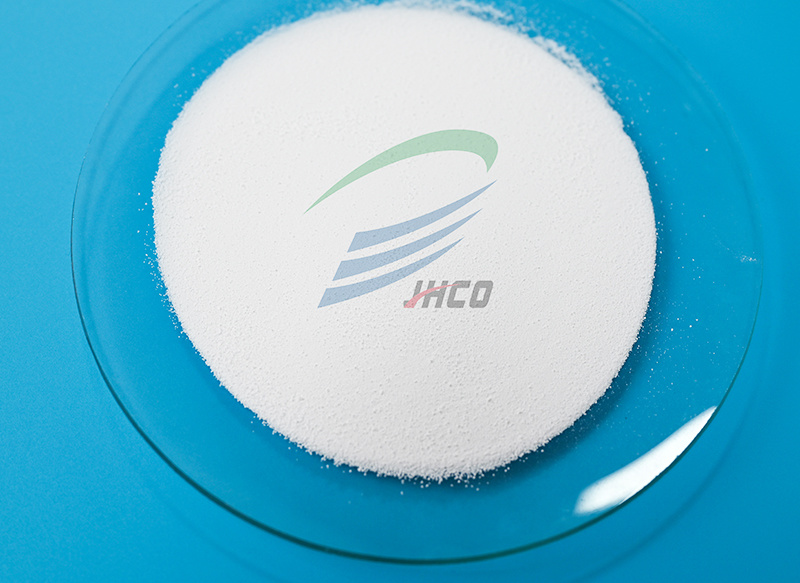Magnesium Silicate-Industrial Grade
Product Series: Industrial Adsorbents
- Product at a Glance
-
Description
- --Magnesium silicate is an amorphous porous material with a white solid particle appearance and excellent fluidity.
- --As an amphoteric adsorbent, it has been extensively used in the aftertreatment of polyether polyol to remove K+ (Na+ ) ion, acid, alkali, pigments, and odorous compounds containing sulfur and nitrogen atom.
Technical Information of Magnesium Silicate
Product Properties Standard Specifications Magnesium Peroxide JH600 Magnesium Peroxide JH800 Appearance White, odorless, freely flowing granule or powder White, odorless, freely flowing granule or powder SiO2,% ≥65.0 ≥65.0 MgO,% ≥13.0 ≥11.0 Loss on Drying(105℃,2h),% ≤5 ≤10 pH(1% Suspension) 8~11 9~11 Bulk Density,g/L 250-400 250-400 Particle Size Distribution(500um-125um),% ≥80 ≥80 Packaging, Storage and Transportation
The packaging bag is made of outer coated paper with an inner plastic lining, with a net weight of 20kg per bag. Bulk transportation arrangements will be according to specific requirements. This product should be stored in a cool, dry, and clean area, focusing on moisture prevention. After opening the bag, any unused product should be sealed.
Usage and Adsorption Process
In the polymerization reaction of polyether polyols, potassium hydroxide is commonly used as a catalyst. The potassium ions present in the crude polyether polyol produced after the completion of the polymerization reaction must undergo a series of post-treatment processes including hydrolysis, neutralization with phosphoric acid, adsorption with silicates (such as magnesium silicate, magnesium aluminosilicate, aluminosilicate, etc.), vacuum dehydration, and filtration for purification, ultimately yielding a polyether polyol product that meets the required specifications.
Place the crude polyether polyol into a refining kettle, and add 1% to 5% (w/w) of water to the kettle at a certain temperature (around 80°C). Thoroughly stir the mixture and neutralize the pH of the material to 4 to 6 using 85% phosphoric acid, with the neutralization temperature generally controlled to be less than 80°C. After neutralization, add 0.1% to 0.5% (by weight of the polyether polyol) of magnesium silicate/magnesium aluminosilicate adsorbent (or a mixed adsorbent of magnesium silicate and aluminosilicate in a 1:1 ratio (w/w)). Raise the temperature to an appropriate level (e.g., 110±5°C) for vacuum dehydration. Control the dehydration rate and perform hot material circulation filtration (e.g., at 110±5°C and a pressure of 2 to 4 KPa). When the moisture content reaches the required level (e.g., less than 0.1%) and the concentration of k+(Na+) ions in the filtrate meets the specified requirements, collect the clear and transparent filtrate to obtain a qualified polyether polyol product.Download Product Brochure
Key words: potassium hydrogen peroxymonosulfate compound salt, sodium percarbonate, sodium perborate, calcium peroxide, magnesium peroxide, solid hydrogen peroxide, magnesium silicate, magnesium aluminum silicate, composite powder, oil filter powder, anthraquinone regeneration catalyst
Previous Page
Next Page
Contact JHY
Real progress starts with listening. We welcome your inquiry or feedback and want to offer you the best possible service.
For any inquiries regarding JHY's specific business divisions, R&D and business collaborations, media and communications, purchasing, career opportunities, etc.
Please provide detail information in all the appropriate fields to help us expedite our response to you. The fields marked with * are mandatory so that we can process your request. We will treat your data confidentially.









